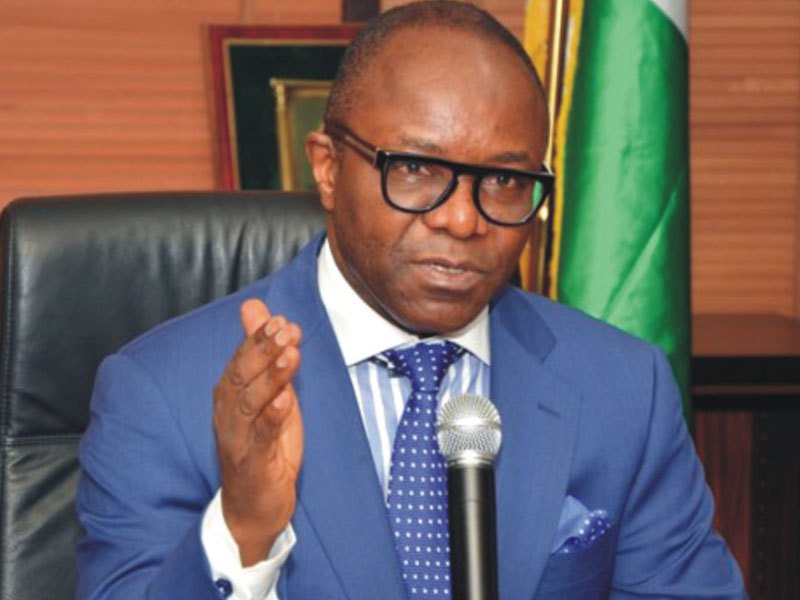BudgIT, a frontline civil society group committed to public finance transparency in the country, has charged that Federal Government to publicise the real beneficiaries of the yearly N1.4 trillion subsidy payments with a view to ensuring that the expenditures judiciously utilized.
The civil society organization lamented that despite the startling disclosures by the Minister of Petroleum Resources, Dr. Ibe Kachikwu, on the subsidy regime there appeared to be lack of accountability and transparency by the Federal Government and the Nigerian National Petroleum Corporation (NNPC) on the amount spent on subsidy in 2016, 2017 and the first quarter of 2018.
A statement issued by the group signed by its Communications Lead, Abiola Afolabi, harped that it was in the interest of the public that detailed information of the amount spent on fuel subsidies such as the beneficiaries, the pricing template for arriving at the subsidy rates and the volume of petroleum products utilised be made open and that the transactions are carried out transparently.
BudgIT noted that the amount was significantly more than N605.8 billion proposed by the government for Education in the proposed 2018 Budget, adding that there is a growing deficit in trust due to lack of due process in the NNPC.
Specifically, it recalled that only last month, the corporation announced that it spent N774 million daily to subsidize fuel payments, indicating that roughly N23.99 billion was being spent monthly as subsidy on 50 million litres of PMS consumed across the country.
BudgIT noted further that the subsidy payments had been a contentious issue for the last 30 years nalysts and that analysts had canvassed its cancellation due to the lack of accountability and transparency in the administration of the funds.
In addition, the CSO pointed out that there were arguments that the subsidy regime constituted double taxation on the populace who pay the actual market price for PMS due to lack of adequate monitoring by the Department of Petroleum Resources (DPR).
Commenting, the Lead Partner, Oluseun Onigbinde said: “Evidence shows that amount spent on subsidising PMS is always riddled with corruption. We noted this is 2011 prior to the elections and we are worried this opacity is preceding the 2019 elections again. We are worried at the use of public resources without legislative appropriation or requisite transparency.”
BudgIT also noted that NNPC in recent times had initiated a couple of actions in trying to meet up with the global of standards of transparency and accountability including, actions like publishing its monthly report on its financial and operational activities.
According to the group, despite these steps, the lack of information on the subsidy regime, including the amount paid and the beneficiaries, are locked away from public scrutiny.
It therefore urged the Federal Government, NNPC, DPR, National Assembly, the National Economic Council (NEC) and State governments to release details on the breakdown of the amount spent on subsidy, the beneficiaries, the pricing template for arriving at the subsidy rates and the volume of petroleum products utilised.
In addition, it demanded that for increased efficiency of the NNPC, there was an urgent need to plug the loopholes created by the subsidy regime in the oil sector and called on all Nigerians to demand appropriate systems to ensure that oil revenue is judiciously managed and utilised for the good of the people.






